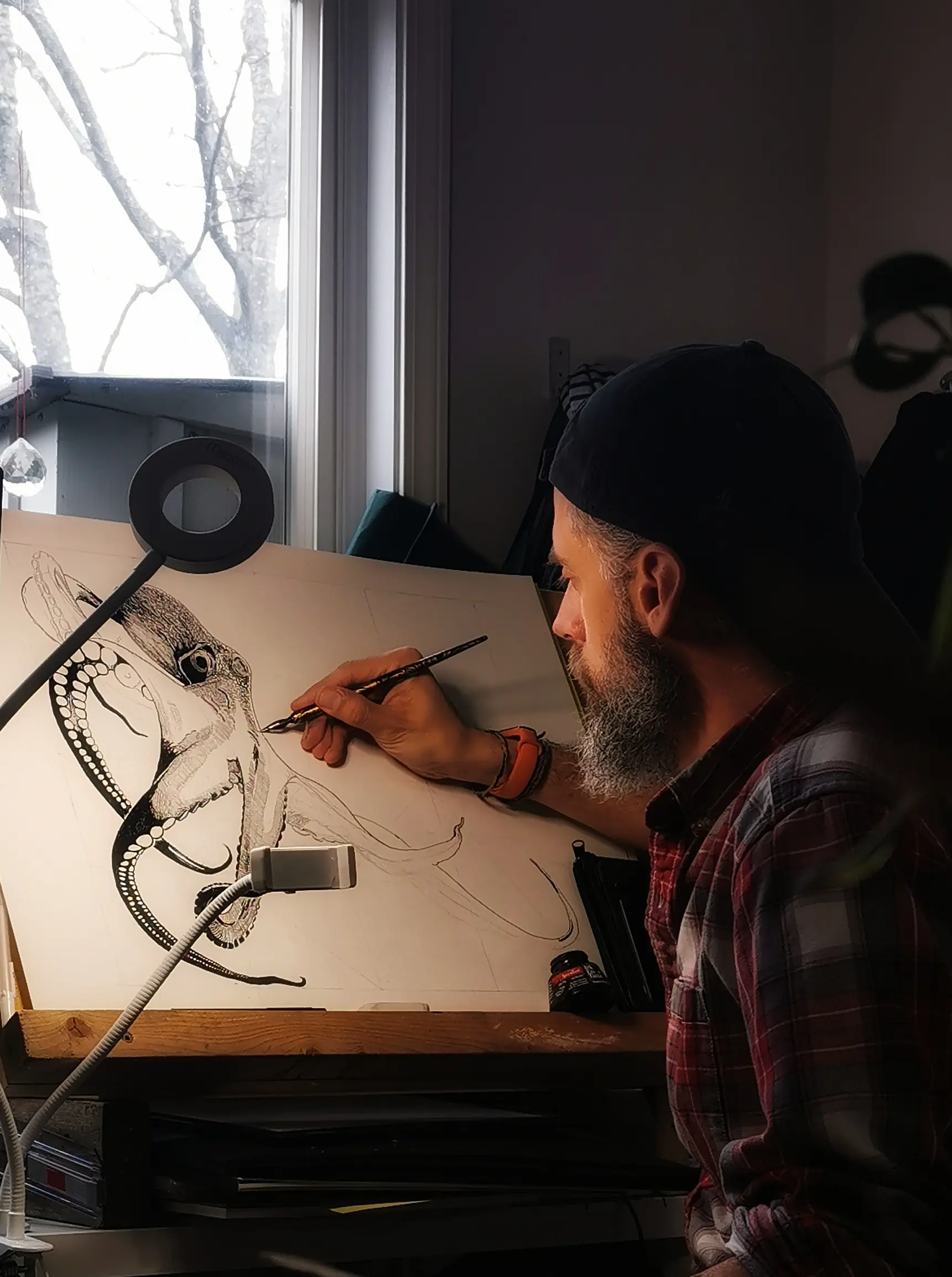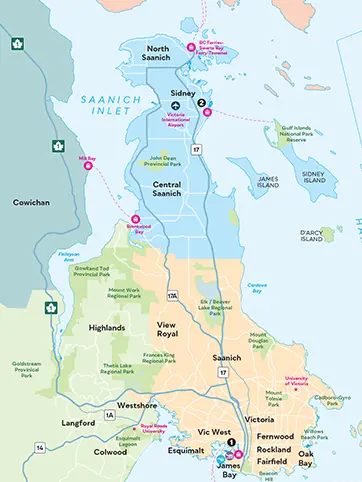
Sarika Cullis-Suzuki

Meet Sarika
Sarika is co-host of The Nature of Things on CBC, alongside Anthony Morgan.
Trained as a Marine Biologist (PhD, MSc), her research has taken her from remote tropical archipelagos to the high seas to the United Nations headquarters, to the intertidal zones of her home in BC.
Sarika speaks out often on ocean issues and conservation, and has served on various boards and committees, including those of the David Suzuki Foundation, WWF Canada, and the Shaw Centre for the Salish Sea.
Sarika has hosted critically acclaimed documentaries for CBC, Audible, The Knowledge Network, Ocean Networks Canada, PBS, and The National Film Board. She has been named an influential Canadian millennial by The Huffington Post Canada, and has twice been nominated for Best Host at the World Congress of Science and Factual Producers for her work on The Nature of Things. True Survivors, which she hosted and wrote alongside Director Rio Mitchell, was nominated for a Canadian Screen Award and three Buzzies, amongst others.
1. What do you love most about living on the West Coast?
The Pacific Ocean. The fact that we live in a rainforest. Access to nature. All the incredible islands. Endless places to explore. Richness and diversity of ecosystems, creatures, and coastal cultures.
2. What is your favourite neighbourhood in Victoria to hang out in?
Vic West.
3. Where is the best place to watch a sunset in Greater Victoria?
Anywhere near the ocean.
4. What has been your coolest experience while filming The Nature of Things?
Getting to meet and talk with the experts, knowledge holders and scientists from all different backgrounds and disciplines, and ask them all my burning questions, is hands-down the best part of this job. There are so many fascinating people doing big and important research all over the world. It is a true privilege to get to meet them, and share their work with the public.
5. What is your favourite way to recharge in nature?
Getting into the ocean up to my neck and bobbing in the waves… And hanging out in the intertidal, checking out marine life and sampling seaweed. A perfect day.
6. What is the biggest misconception people have about Vancouver Island?
That it’s small and there’s not much to do (it’s enormous and there are ENDLESS things to do).
*Editor’s note: Check out some of our top things to do in Victoria!
7. If Victoria had a Walk of Fame, whose star would you add?
Dr. Nancy Turner at UVic, for her epic contributions to the field of Ethnobotany, specific to plants and cultures here on the west coast, and for her outstanding mentorship; and Sellemah, elder Joan Morris of the Songhees Nation, who was born and raised on Tl’ches (Chatham Island), who has shared her story and continues to educate people about the cultural and ecological history of this land.
8. If someone could only come to Greater Victoria for one day, what are the top 3 places you would send them to?
Saxe Point, Hot Tub Boat Victoria, Fry’s Bakery.
9. What is your go-to hike in Greater Victoria?
I’m on the Galloping Goose trails every day biking. They’re both functional (taking you quickly from A to B) and so enjoyable (tranquil, separate from cars, and surrounded by nature). If you’re from out of town, renting a bike and exploring Victoria through these trails would be a fantastic way to spend a day.
10. Tell us about your favourite creature or plant in Greater Victoria. What makes it fascinating?
The Pacific Spiny lumpsucker. It’s one of the most adorable fish in the sea: a small, globular animal resembling a lychee (or a tiny golf ball with fins). They ‘flutter’ more than swim, and their pelvic fins (fins on their bellies) have been modified into a sucker disc, which allows them to cling to rocks or blades of eelgrass. If you ever see one while diving in Victoria (very possible!), you will have found a real treasure.




